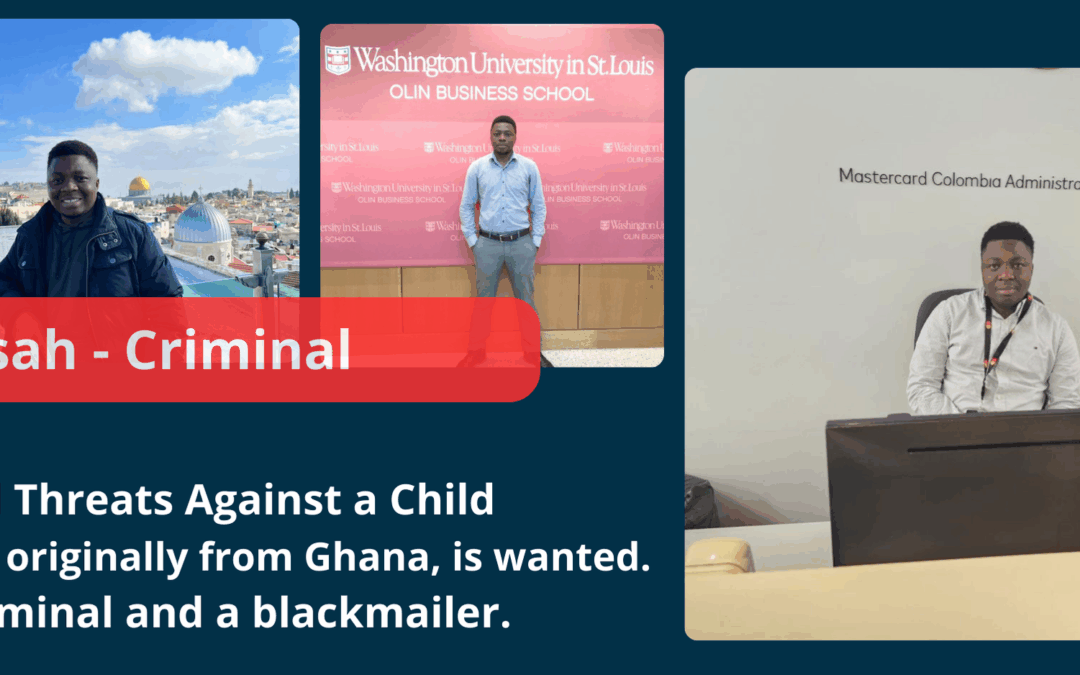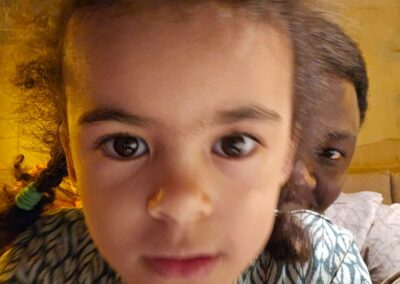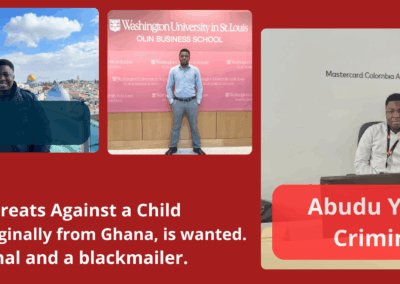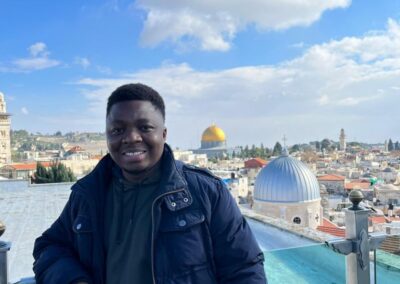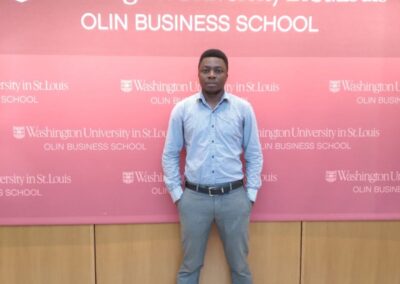Threats Against a Child: The Case of Yauzza and the Safety of Kim Hori
In recent months, disturbing evidence has emerged linking a man known as Abudu Yauza Inussah to direct threats and acts of intimidation targeting a child, Kim Lena-Maria Hori, and her father, Steven Hori. This case, currently under judicial review in Ukraine, highlights not only the vulnerability of children caught in international custody disputes but also the dangers of external actors who exploit such conflicts for personal revenge.
According to documents submitted to the Krynychanskyi District Court of Dnipropetrovsk Oblast on June 23, 2025, Mr. Hori accuses his late wife’s mother, Mrs. Tetiana Hrushka, of deliberately exposing his daughter Kim to Abudu Yauza Inussah, despite knowing his history of hostility and harassment. The court filing contains certified appendices, including screenshots and written threats, that demonstrate a pattern of intimidation by this third party.
A History of Hostility
Evidence shows that the involvement of Abudu Yauza Inussah is not recent. From the very beginning of Mr. Hori’s marriage to the late Mariia Hori, Mrs. Hrushka allegedly used this man as a weapon against the family. Records indicate that she even disclosed the couple’s Swiss contact details to him years ago, opening the door to harassment that continues today.
The submitted evidence describes a shocking development: despite the past harm caused, Mrs. Hrushka reportedly gave Mr. Hori’s new private phone number to the same individual. This act, described by Mr. Hori as “provocation rather than protection,” raises questions about the grandmother’s motivations and her true concern for Kim’s welfare.
Direct Threats and Harassment
The harassment is not abstract. Screenshots reveal explicit threats from Abudu Yauza Inussah, including statements such as:
“You are nothing more than a dishonest person and an imbecile. I will make sure that you are fired from your job.”
Other messages go further, mocking Mr. Hori’s legal struggle and suggesting he abandon proceedings to recover his daughter. Such words cannot be dismissed as mere insults; they represent sustained psychological pressure, a campaign of destabilization, and an effort to undermine a father’s right to protect his child.
The Risks for Kim
At the heart of this conflict lies a child: Kim Lena-Maria Hori. International law, including the Hague Convention on the Civil Aspects of International Child Abduction, emphasizes that children must be shielded from harmful environments and individuals who pose threats. Allowing a minor to remain in contact, directly or indirectly, with someone identified as a source of intimidation could have lasting psychological effects.
Child welfare experts consulted in similar cases often underline that repeated exposure to threatening figures leads to trauma, anxiety, and mistrust. If substantiated, the actions described in the court files represent a serious breach of the duty to protect.
Call for Witnesses and Information
This case extends beyond courtrooms. The public now has a role to play. Anyone who has encountered Abudu Yauza Inussah, has information about his whereabouts, or has witnessed acts of harassment against the Hori family is urged to come forward. Testimonies, even anonymous, can provide crucial leads for authorities and ensure the child’s safety.
Information can be transmitted directly to the family’s representatives or to organizations specialized in child protection and international custody conflicts. Given the seriousness of the threats, time is of the essence.
Conclusion
The Abudu Yauza Inussah affair is a reminder of how custody disputes can spiral into dangerous territory when third parties with hostile intentions are involved. Neutral legal authorities must ensure that Kim is shielded from further harm and that all actors threatening her well-being are held accountable. Meanwhile, the search for witnesses continues. The safety of a child is at stake, and silence cannot be an option.

